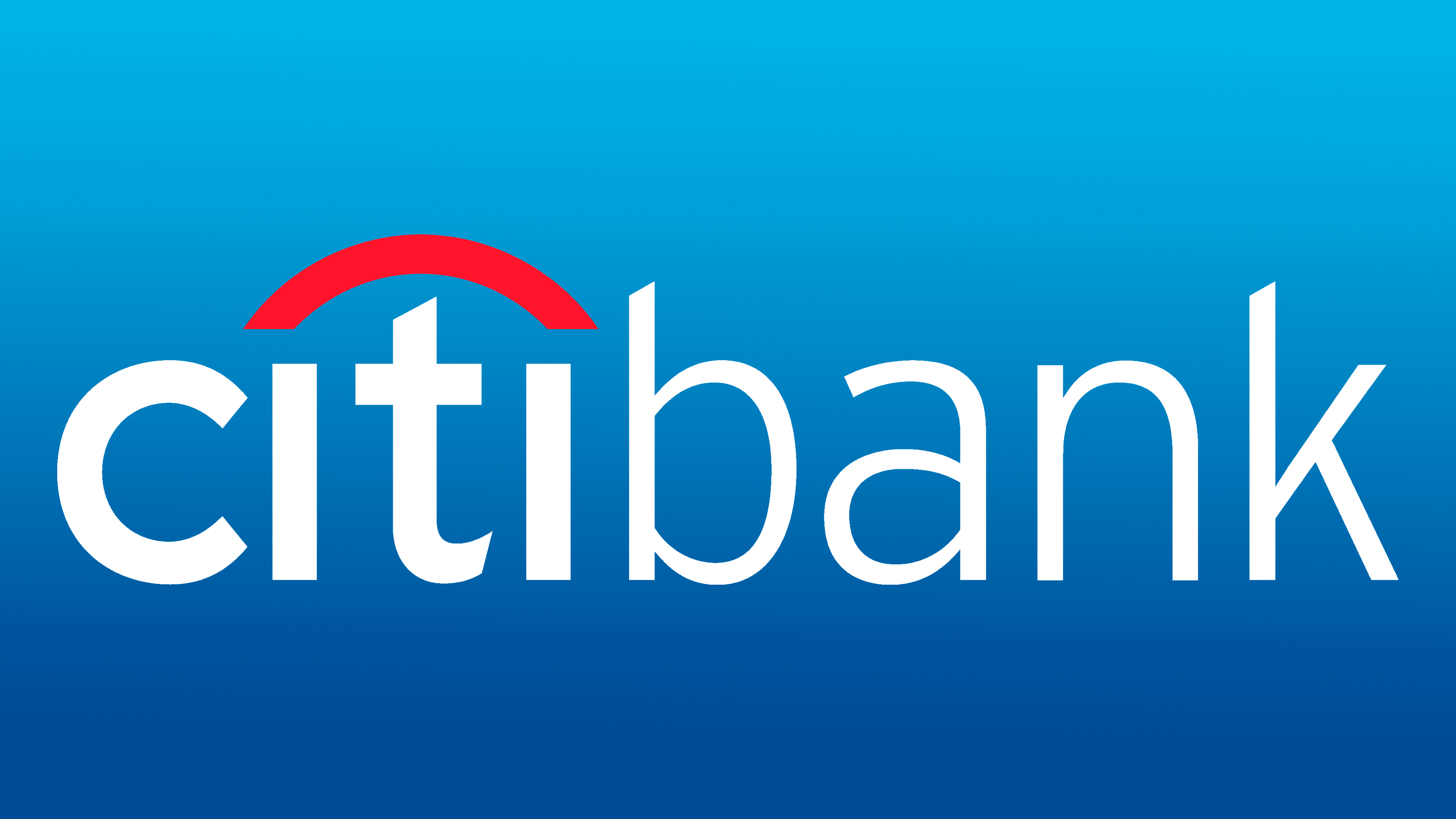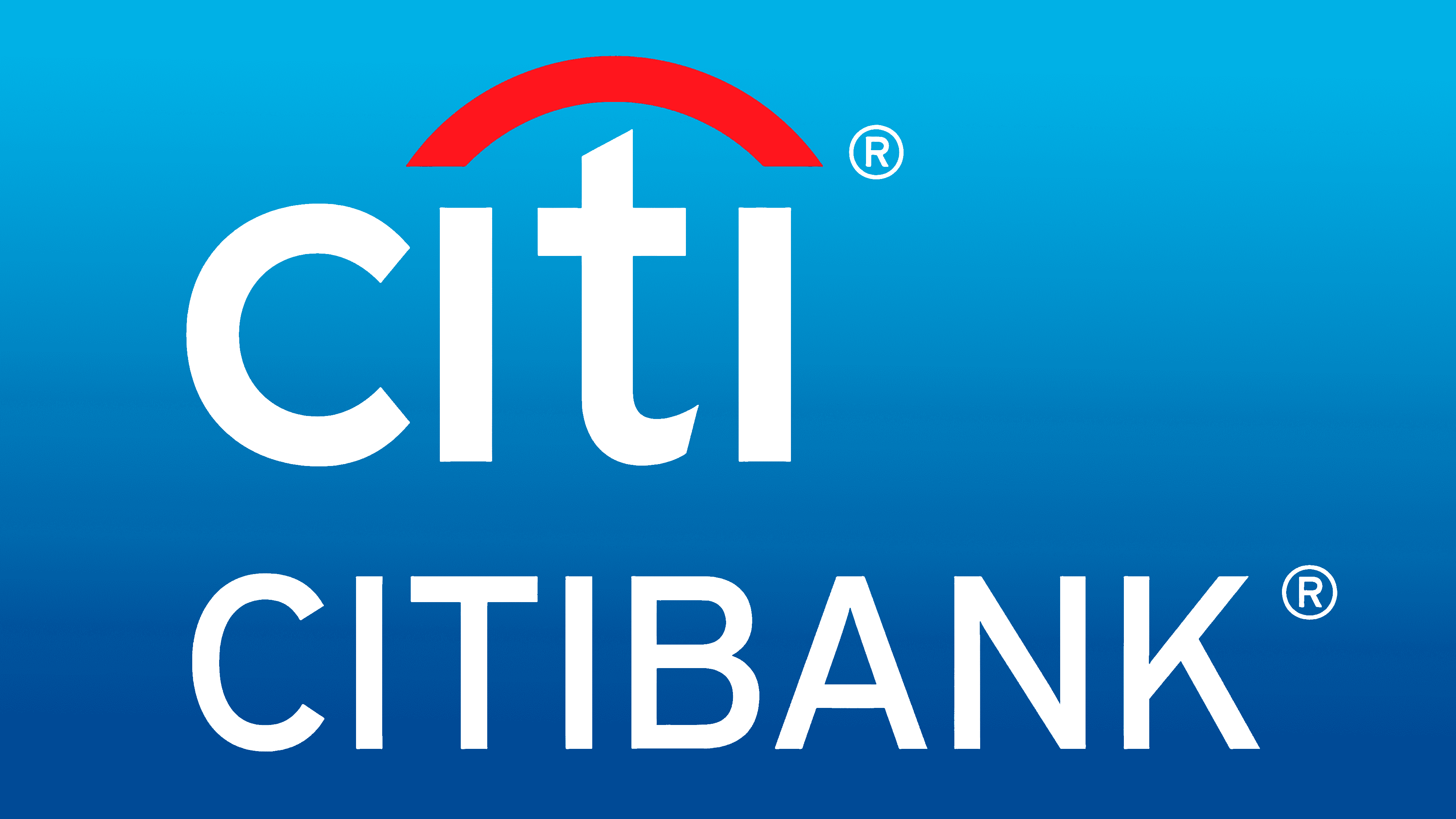Have you ever stopped to think about the sheer size of global finance? It's almost mind-boggling, isn't it? When you hear a number like **citibank $81 trillion**, it can really make you pause. That's a sum so vast, it's hard for most of us to even picture it. It naturally sparks a lot of questions about what such a figure could possibly represent for a financial giant like Citibank, and what it means for the wider world of money.
So, what exactly are we talking about when we bring up such an enormous number in connection with a bank that has operations stretching across the globe? Well, it's a very big question, and it points to the immense scale at which major financial institutions operate. These are places where huge sums move every single day, influencing economies and lives far and wide. It makes you wonder, like, how does a bank even manage that much?
This kind of figure, like **citibank $81 trillion**, often comes up in discussions about the true scope of global banking. It's not always a straightforward asset value; sometimes, it speaks to the interconnectedness of the financial system, or the total value of different kinds of agreements a bank might hold. We're going to explore what these massive numbers tell us about banks like Citibank, and what it's like to be part of such an expansive financial environment, drawing a little from what folks have shared about working inside places like Citi.
Table of Contents
- Understanding the Grand Scale of Global Finance
- Citibank's Far-Reaching Presence and Market Influence
- A Look Inside the World of a Major Bank
- Navigating Financial Choices with Large Institutions
- Frequently Asked Questions About Citibank and Large Figures
- Exploring the Depths of Global Banking
Understanding the Grand Scale of Global Finance
When a figure like **citibank $81 trillion** pops up, it’s understandable to feel a bit overwhelmed. It really makes you think about the sheer magnitude of money in the world. This kind of number usually doesn't refer to a bank's simple cash holdings or even its market value, but rather to a much broader concept within the financial system. For instance, sometimes these large figures relate to the total value of financial agreements, like derivatives, which are essentially contracts whose value comes from an underlying asset.
Global banks, you know, handle an incredible volume of transactions every day. They might manage assets for clients, facilitate massive international trades, or hold complex financial instruments. So, a figure that big could, in some contexts, refer to the total notional value of all derivatives contracts a bank holds, or perhaps the total assets under custody for clients. It's a way of showing just how much financial activity flows through these institutions, which is a lot to take in, honestly.
It's important to remember that these huge numbers reflect the interconnectedness of global markets. Banks like Citibank play a central role in keeping the world's financial gears turning. They provide services that allow businesses to grow, governments to fund projects, and individuals to manage their money. The scale of their operations is, in some respects, truly immense, and figures like **citibank $81 trillion** help illustrate that point, even if the specific meaning behind the number can be quite technical.
Citibank's Far-Reaching Presence and Market Influence
Citibank, as a global player, has a reach that extends to nearly every corner of the world. Just like how someone might first get interested in Citi after attending an informational session at a school, speaking with alumni from the Citi Markets Group, the bank is constantly engaging with future talent and connecting with communities. This kind of widespread presence naturally contributes to the very large numbers associated with its overall operations. They have offices and clients in countless countries, which is quite impressive.
The "Markets Group" at Citi, for instance, is a big deal. It's where a lot of the high-stakes trading and investment activities happen. People who work there are often involved in moving huge amounts of capital and managing significant risks. This group is probably dealing with figures that can quickly add up to trillions, whether it's in currency exchange, bond trading, or other complex financial products. It's a very dynamic part of the bank, as you can imagine.
Think about Citibank (Hong Kong), for example. The fact that it has an "overall ranking" based on employee reviews, like a 97% score, shows that it's a significant entity within its region. This regional strength, multiplied across many different countries and specialized groups, builds up to the vast operational footprint of the entire bank. It's a pretty clear sign of just how much influence and activity a bank like Citi has globally, affecting so many different markets.
A Look Inside the World of a Major Bank
Working at a place like Citibank, or even Morgan Stanley as an Executive Director, means being part of a very specific kind of professional environment. The titles themselves, like "Executive Director," carry a lot of weight and show a certain level of seniority. When someone is looking at offers from Citi or BAML, they're often thinking about how these roles compare in terms of career path and, yes, compensation. There are, for instance, 2208 compensation reviews posted anonymously by Citigroup employees, which just goes to show how much interest there is in what it's like to work there.
Getting a job at a big bank can be quite a process, too. There are 1091 interview reviews posted anonymously by Citigroup interview candidates, giving you a sense of the kind of questions and challenges people face. While some might think a program at Citibank is "easier than IB" (investment banking), there's still a strong sense that "the bar would be high" because it's from Citibank. This really speaks to the competitive nature of getting into and moving up within these large financial institutions.
For those who have read books like "The Trading Game, by Gary Stevenson, former Citi FX Trader," you get a glimpse into the intense world of trading. It's a high-pressure, high-reward environment where decisions involving huge sums are made constantly. This kind of work is a core part of what contributes to the massive figures we discuss when talking about a bank's overall financial exposure or managed assets. It’s a very demanding field, and it’s not for everyone, apparently.
Navigating Financial Choices with Large Institutions
When you're dealing with a bank as big as Citibank, whether it's for personal finance or business, there are a lot of things to consider. For example, if you're curious about a home equity line of credit (HELOC), you'll need to read up on HELOC qualifications, how much cash you can get, closing costs, and when to pay it back. These services, while seemingly small compared to the bank's overall scale, are a vital part of what a large financial institution offers to millions of people.
Sometimes, people have strong feelings about big banks. Someone might be "a pretty open person to my friends about how much I hate Citi" and see "a lot of posts here hating on them lately." This kind of sentiment, while personal, highlights that even with their immense scale and wide range of services, large banks can still face criticism. It's just a part of being such a public and influential entity, I guess.
Despite any individual feelings, these institutions are deeply woven into the fabric of our daily financial lives. From processing payments to providing loans, they enable a huge amount of economic activity. Understanding how they operate, and what their various financial figures represent, helps us make more informed decisions about our own money and how we interact with the wider financial system. It’s a bit like knowing the rules of a very big game, really.
Frequently Asked Questions About Citibank and Large Figures
What does a "trillion" dollar figure typically mean for a global bank like Citibank?
Well, a figure in the trillions for a global bank usually refers to something like its total assets under management for clients, or the notional value of its derivatives contracts. It's very rarely just the bank's direct cash holdings or its market value. These numbers reflect the sheer volume of financial instruments and client money that flows through the bank, showing its immense operational scale. It's a way of looking at their overall financial footprint, you know?
Is it hard to get a job at Citibank's Markets Group?
From what people say, yes, it seems pretty competitive to get into Citibank's Markets Group. While some might feel it's not as intense as traditional investment banking roles, there's a general sense that "the bar would be high" because it's Citibank. You can find many interview reviews from candidates that give you a good idea of the kind of challenges and expectations they have for new hires. It's a pretty sought-after place to work, apparently.
How do banks manage such massive amounts of money and financial agreements?
Managing such huge amounts involves very sophisticated systems, a lot of highly skilled people, and a global network of operations. Banks use advanced technology to track transactions, manage risks, and process vast quantities of data. They have specialized teams, like those in the Markets Group, who are experts in different financial products. It's a complex dance of technology, human expertise, and strict regulations that keeps everything moving, more or less.
Exploring the Depths of Global Banking
So, when we consider a figure like **citibank $81 trillion**, it really opens up a conversation about the incredible scale of global finance. It's a world where financial flows are measured in amounts that are hard for most of us to fully grasp. This kind of number, while perhaps not a simple asset value, definitely points to the huge influence and operational breadth of institutions like Citibank in today's financial discussions. They are, in a way, the backbone of much of the world's economic activity.
Understanding these large numbers and the roles of global banks helps us make sense of the financial news we hear every day. It also helps us appreciate the complexity of managing money on such a vast scale. If you're thinking about a career in this exciting field, or just want to learn more about how global finance works, there are many avenues to explore. You could, for instance, learn more about derivatives, which often involve very large notional values.
For those interested in the inner workings of such a large institution, or perhaps considering a career path there, remember that the experiences shared by current and former employees, like those who've been Executive Directors at Morgan Stanley or worked in Citi's Markets Group, offer valuable insights. You can learn more about careers in global finance on our site, and link to this page understanding financial markets for more general information. It's a big world, and there's always something new to discover, that's for sure.



Detail Author:
- Name : Dorothea Lubowitz
- Username : darby.kutch
- Email : oda.swift@ondricka.org
- Birthdate : 2004-07-17
- Address : 8825 Conroy Trail Suite 781 East Adonisbury, MS 54248-2612
- Phone : +1-262-453-8521
- Company : Turner Ltd
- Job : Industrial Engineer
- Bio : Distinctio et natus voluptatem qui. Quia consequatur voluptatibus velit nihil. Ex ducimus est omnis cumque.
Socials
tiktok:
- url : https://tiktok.com/@lavon_hane
- username : lavon_hane
- bio : Dolorum nam iusto neque maiores consequuntur.
- followers : 1129
- following : 911
twitter:
- url : https://twitter.com/lavonhane
- username : lavonhane
- bio : Magni vero ut sint. Quos accusantium quo maxime id. Recusandae est est optio placeat quia aperiam quas.
- followers : 2465
- following : 2890

